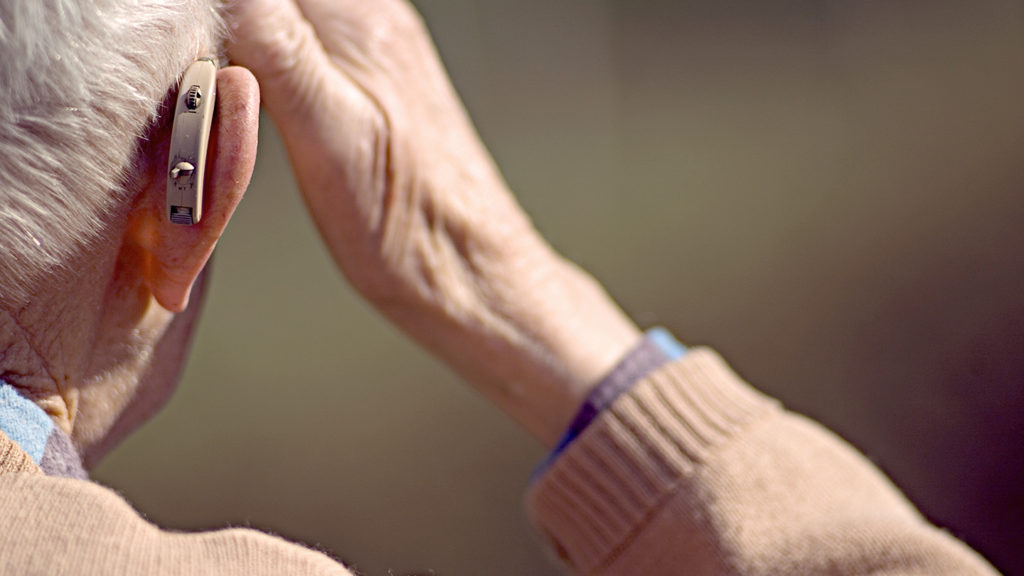

Older adults with dementia may benefit from improving their hearing aid handling skills, according to the findings of a study newly published in JAMDA, The Journal of Post-Acute and Long-Term Care Medicine.
Hearing impairment affects up to 90% of older adults living with dementia, and the combination of hearing impairment and dementia often leads to increased social isolation and reduced quality of life.
But the new study suggests that using a mutli-facteted approach to hearing device interventions can help older adults living with dementia better handle and use their hearing aids, address their motivation to hear better, and ensure that they have adequate support and encouragement to use hearing devices.
The authors conducted a literature review and found that hearing device use in older adults living with dementia was influenced by five factors: the degree of hearing aid handling proficiency, positive experiences with hearing aids, hearing aid comfort or fit, person-environment interactions, and social reinforcement.
“Awareness of hearing loss is an important correlate of hearing aid use, yet loss of self-awareness commonly occurs in dementia,” the authors wrote. “Furthermore, people living with dementia may have increased difficulties in using hearing aids due to dementia-related factors, such as reduced cognition, visuospatial and executive function abilities, and increased apathy.”
Those factors, they said, may negatively affect someone’s ability to use and maintain hearing devices and get past the initial discomfort and/or inconvenience.
Strategies to improve hearing aid handling skills, such as those offered by cognitive rehabilitation, as well as social support, seem to play a critical role in supporting hearing use for people living with dementia, according to the study authors.
The authors noted that a recent study revealed that 18% of older adults living with dementia received little or no support for their daily living needs, including adequate social support for hearing aid use. The study’s findings, they said, suggest that it may be useful for hearing professionals to explore options to provide that support, including within home care plans.
“Our findings suggest that enhanced support pathways that tailor to the abilities and motivators of the individual with dementia, while also accounting for their social support systems over time, represent the best opportunity to optimize hearing aid use,” the authors concluded.
More research is needed to identify behaviors for optimal hearing aid use and to further understand influencing factors impacting the use of devices, according to the authors.
The study was conducted by researchers from the University of Manchester and the University of Cumbria in the United Kingdom, the University of Queensland in Australia and Trinity College in Ireland.


